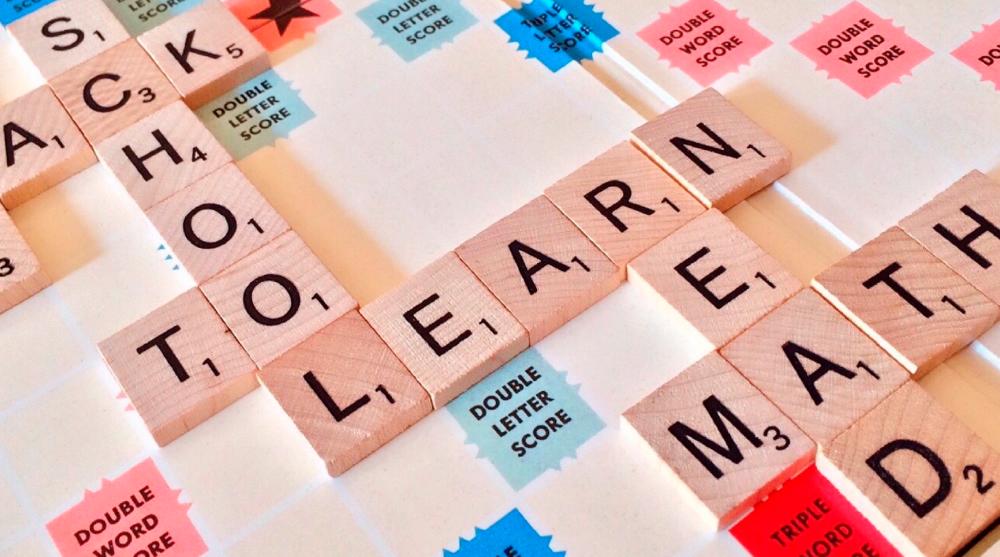THOUGH Bahasa Malaysia may offer a pride of political oneness, we cannot ignore the fact that English is the language of global mobility and opportunity.
Learning other languages comes with enriched experiences of thinking about the same issues in different ways.
The limits of our language hinder our world of learning and gaining experiences.
A Turkish proverb narrates this simply, “One who speaks only one language is one person, but one who speaks two languages is two people.”
With nearly two billion people of the world population speaking English, we cannot ignore the valuation of English as an international language of trade, medicine, engineering and academic institutions.
Last Saturday, Prime Minister Datuk Seri Ismail Sabri Yaakob said that government officials speaking at conferences and other engagements abroad must use Bahasa Malaysia.
“If the host country representatives speak in their national language, then we should respond in Bahasa Malaysia and Google can translate to relevant languages,” he remarked.
Right now, we cannot afford to hoist our Bahasa Malaysia flag at a time when our major trading nations like the US, Canada, England, South Africa, Australia and New Zealand use English for business negotiations, transactions and marketing.
English has continued unofficially and has singularly moulded and bound us globally.
Local politicians cannot defy the importance of English by using sensitive pressure points of nationalism and the preservation of our authenticities.
Even within our nation, there is an obvious election battle between old archaic ideas and young liberal youths, who promise to govern the people without prejudices.
The youths are slamming archaic notions like “one language, one nation” and are immersed in a progressive borderless world concept.
The incumbents cannot afford to use instruments of control based on linguistic superiority.
Instead of compelling the usage of Bahasa Malaysia, the government should ensure that our civil servants are multilingual, with particular emphasis on a high level of proficiency in English, Mandarin, French and Japanese.
Presently, there is a need for better criteria to recognise, select and qualify officers who have world class qualities to represent Malaysia. We cannot work around our inadequacies.
We cannot pretend we are the best and degenerate in our cocoons while our neighbouring countries are faring far better than us.
The crux of the issue is not only the language but how immaculate, factual and convincing these officers are, when they represent us on an international platform.
At the very least, it would be impossible to meaningfully participate, debate or negotiate if attendees have a poor grasp of the English language.
While algorithms or artificial intelligence may offer basic translations, nothing can express the commitment of a speaker who is passionate about his subject matter.
Government officers cannot be carting along an entourage of translators who may not understand the topic.
The essence of communication and the content could be devalued in the process.
It is important for our representatives to deliver clear, assertive and meaningful messages in high-level international discussions, which are usually presented in English.
Even in our local press conferences we have heard speakers fumbling while looking for the right words and mispronouncing them while reading written documents.
We respect the use of Bahasa Malaysia as our national official language. Within our nation every one of us converses in Bahasa.
Even foreign unskilled workers have mastered it within a short period of time.
Our communication in the service industry is mostly in Bahasa Malaysia.
In local universities, when we did not have the relevant textbooks, we researched in English and tried hard to translate the terminologies that did not exist.
The quality of our answers in examinations were compromised in the process.
Being able to communicate in a second language, especially one that is the world’s lingua franca, does not mean that the individual is any less patriotic.
Malaysia prides itself on being a multicultural and multilingual country, something not all countries can attest to.
We have lived side by side with this complacency, while being emancipated by our ethnic and cultural differences.
Most Malaysians are capable of speaking more than one language.
Our various mother tongues have evolved and vernacularised as a Malaysian language – a mix of Malay, Chinese and Tamil.
Language is not only a means of communication. It is a medium through which we define ourselves.
It cannot be used to establish a power hierarchy based on linguistic superiority.
The political elite who make these language decisions send their children to international English medium schools.
Meanwhile, it is the poor monolingual child who has been pushed into darkness as English becomes the language of privilege and exclusion.
Comments: letters@thesundaily.com









